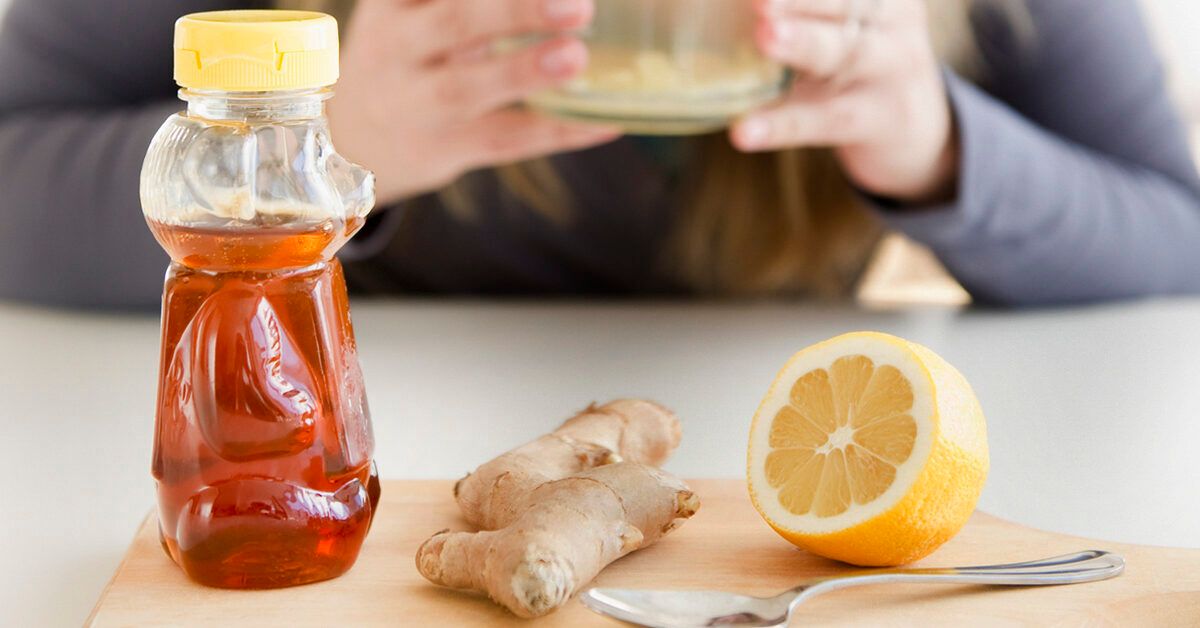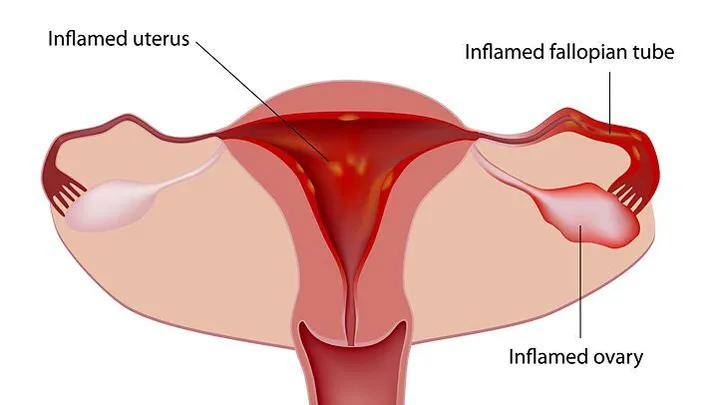10 Home Most Effective Remedies For Bronchitis Relief
Home Remedies for Bronchitis
Bronchitis, characterized by inflammation of the bronchial tubes, often leads to coughing and mucus production. While acute bronchitis typically resolves on its own within 10 to 20 days, certain home remedies can help alleviate symptoms:
1. Ginger
Ginger possesses anti-inflammatory properties that may soothe respiratory infections. You can incorporate ginger into your routine by:
- Chewing crystallized ginger.
- Brewing fresh ginger tea.
- Adding raw ginger to meals.
- Taking ginger capsules as directed.
2. Turmeric
Turmeric contains curcumin, known for its anti-inflammatory and antioxidant effects. To use turmeric:
- Prepare turmeric tea.
- Add turmeric powder to dishes.
- Consume turmeric supplements after consulting a healthcare professional.
3. Steam Inhalation
Inhaling steam can loosen mucus and alleviate congestion. Methods include:
- Taking a hot shower.
- Using a humidifier.
- Breathing in steam from a bowl of hot water (ensure safety to avoid burns).
4. Saltwater Gargle
Gargling with warm salt water can soothe a sore throat associated with coughing. Dissolve a teaspoon of salt in a glass of warm water and gargle several times a day.
5. Honey
Honey has antibacterial and antiviral properties and can help suppress coughing. Add a teaspoon to tea or warm water, or take it directly. Note: Avoid giving honey to children under one year old.
6. Adequate Rest
Ensure you get plenty of rest to support your immune system in fighting the infection.
7. Hydration
Staying hydrated thins mucus, making it easier to expel. Drink water, herbal teas, and clear broths throughout the day.
8. Use of a Humidifier
A humidifier adds moisture to the air, helping to ease coughing and congestion. Ensure regular cleaning to prevent mold and bacteria growth.
9. Avoid Irritants
Steer clear of smoke, dust, and other pollutants that can aggravate bronchial passages. If you smoke, consider seeking help to quit.
10. Over-the-Counter (OTC) Medications
OTC medications like ibuprofen can help reduce inflammation and relieve pain. Always follow dosing instructions and consult with a healthcare provider if you have any concerns.
When to Seek Medical Attention
While these remedies can provide relief, consult a healthcare professional if:
- Symptoms persist beyond three weeks.
- You experience a fever above 100.4°F (38°C).
- There’s blood in your mucus.
- You have difficulty breathing or chest pain.
These could indicate a more serious condition requiring medical attention.
Note: This information is for educational purposes and should not replace professional medical advice.















